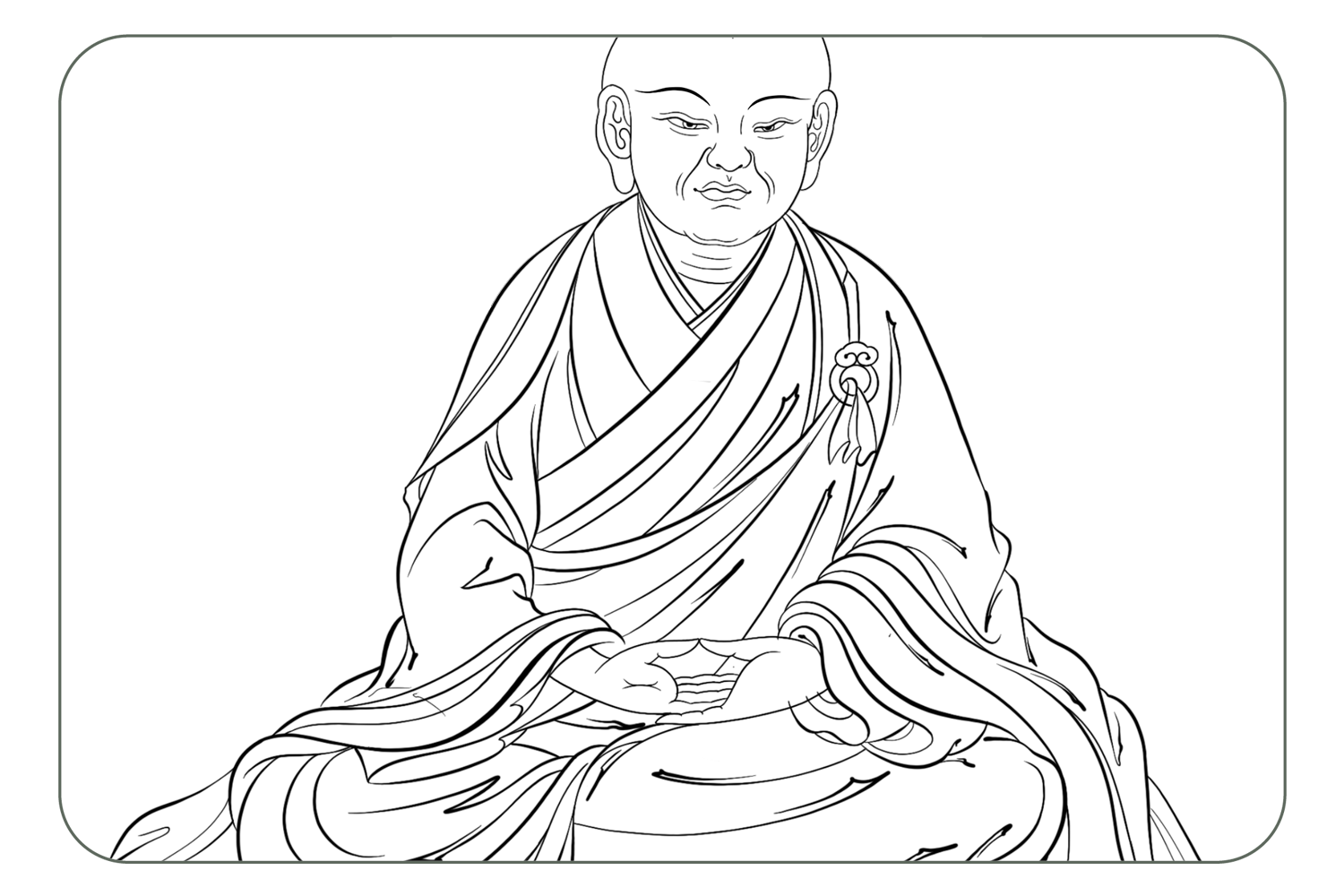Cultivation rather than meditation
Meditation is an ill-defined Western term that only partially covers the meaning of the Tibetan term gom (སྒོམ་) or the Pāli bhāvanā. Moreover the term is also used to translate different Buddhist terms like samādhi, jhāna and in some cases even the union of calm abiding and special insight.
Both gom and bhāvanā rather mean cultivation, in specific of the three higher trainings: ethics, serenity (calm, concentration) and wisdom. Rather than something you do on your cushion, gom/bhāvanā refers to a lifestyle in which one cultivates the Dharma, of which meditation on a cushion is a part.
To have a sitting session is always mentally and physically healthy. It helps us to centre and ground ourselves, and become familiar with our aggregates. It brings rest and perspective to our incessant thoughts. At the same time, if we let the mind go wild 23,5 hours a day and want to train it for half an hour, any development will be limited of course.
Real transformation takes place when we start to see our days in the context of the Dharma, and we understand ourselves as practitioners of the bodhisattva path, for this provides a perspective that allows you to transform everything into Dharma. Obviously and unfortunately you can learn much about the five hindrances throughout the day, but on the positive side you can also train in mindfulness in everything that you do. Fully attending to whatever you do is not only effective and joyful, but it also prepares you for the sitting sessions. When the mind has free time, instead of letting it run wild, you can occupy it with thinking about the Dharma, for example by using the Lamrim reflections, especially those on definite emergence, bodhicitta and emptiness, for these thoughts turn all your activities into virtue. Especially when we learn to observe, rather than to identify, every skilful and unskilful moment turns into a learning experience. This is the power of especially the Mahāyāna path, as it is accomplished with and for all living beings, which makes them conducive conditions rather than hindrances.
Finally it is helpful to practice a strict hygiene of mind. Avoid input that contains violence, discrimination, sexual objectification, revenge, polarisation, and partisanship. Look out for wholesome, inspiring contact with specific others, even if they are fantasy. When you want to relax, search for things that are nourishing, calming, and that strengthen your empathy, equanimity and wisdom.

Don’t believe me in this, even if it seems reasonable, but try it out for yourself!
 The Buddha Project
The Buddha Project 